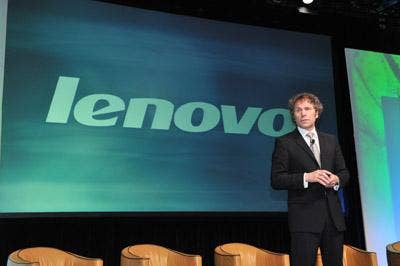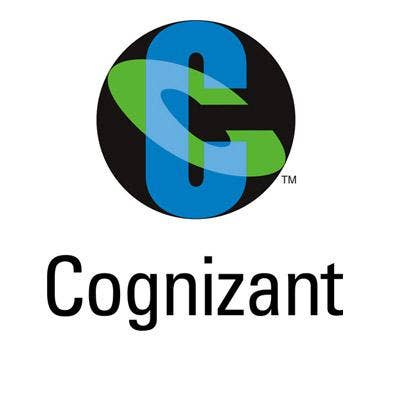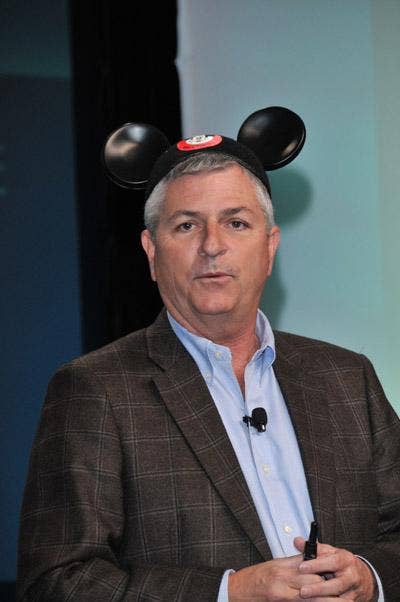The 10 Biggest Channel Stories of 2009

From scandals to mergers to executive job-hopping, here's a look at the stories that kept solution providers talking about the goings on in their channel.

In 2009, VARs found the number of credit programs available was shrinking, and the search for financing for projects has becoming more of a challenge. IBM closed its Flexible Credit program, which had been geared toward smaller businesses and offered quick approvals. In addition, one year ago, Textron decided to exit all of Textron Financial Corp.'s finance business except for financing of customer purchases of Textron-manufactured products, resulting in the loss of credit lines to many solution providers.

Dell's move to acquire Perot Systems for $3.9 billion will significantly expand Dell's services offerings and better position the No. 2 computer maker to compete with Hewlett-Packard and IBM's services units. The purchase -- expected to close by January -- also raises concerns over channel conflict among solution providers who are already somewhat suspicious of the channel history (or lack thereof) that Dell brings to the table. The deal will be one of the biggest mergers in channel history.

Not long after Dell's announcement, Xerox made public its intention to purchase business process outsourcing solution provider Affiliated Computer Services to create a $22 billion global enterprise for document technology and business process management. The deal, initially valued at $6.4 billion, is set to be the largest acquisition Xerox has ever made. CEO Ursula Burns (shown) stressed the synergies between Xerox and ACS, but industry observers are concerned about what it means for the VAR community.

In January, the former CEO and founder of Satyam Computer Services, Ramalinga Raju was taken into custody along with his brother and co-founder, B. Rama Raju. The two were arrested on charges of criminal breach of trust, criminal conspiracy, cheating, falsification of records and forgery. The former CEO allegedly inflated Satyam's cash and bank balances by $1 billion. Locally, the situation was being referred to as the "Indian Enron." Competitors of Satyam, such as Tata Computer Services and Wipro, were asked by the Indian Chamber of Commerce not to steal the outsourcer's clients.

Jones left his position as head of Hewlett Packard's Americas channel organization for an even more high-profile position running the computing giant's server business in Asia. The move -- a promotion for Jones -- illustrates how important HP believes the Asian market is strategically. However, VARs in North America are concerned about how the move will impact their HP business and their communication with the company.

John Sheaffer, the affable CEO of Chicago-based Sysix, died this summer in what was eventually ruled a suicide. It's unclear what circumstances led to Sheaffer's death, but reports indicate that Sysix was having financial difficulties in the preceding months. The company closed its doors on July 31, leaving about 40 employees without jobs and their final paychecks, according to a former employee.

Tony Ibarguen, a former president and COO of Tech Data and an Insight board member, took over for CEO Richard Fennessy at Insight on an interim basis in September.
Insight, like many solution providers, struggled as the economy slid. Through the first six months of 2009, Insight's sales fell 20.5 percent compared with the same period last year. However, the tide recently appeared to be turning: during the first two quarters of this year, Insight earned $8.9 million, compared with a $166.9 million loss for the first two quarters last year.
When at Tech Data, Ibarguen helped the distributor grow from $3 billion to $17 billion in revenue.

Google in January launched a new channel program that brought its Google Apps Premier Edition hosted office productivity software to solution providers for the first time.
The move is emblematic of the larger push that's bringing more and more solution providers into the cloud computing fold.
Google's partner program offers solution providers 20 percent discounts, which translates to recurring revenue of $10-per-year on a $50-per-user, per-year-subscription fee. Google said that partners will maintain the billing relationship with the customer and prepay Google in advance for each one-year subscription.

In July, IBM deauthorized Synnex as a software distributor in the U.S., ending the long-term relationship between the two companies, a move that began last January when IBM deauthorized Synnex on the hardware side. The software deauthorization took effect Oct. 1.

Several solution providers joined forces in a spate of channel mergers and acquisitions. To name a few: Sykes Enterprises announced in October it would merge with another services and solutions outsourcing firm, ICT Group. Sykes will pay $263 million for ICT. The two companies said they had very little client overlap in the vertical markets they currently serve and that the merger will further deepen the companies' expertise within the financial services and telecom markets. The newly created company has more than $1.2 billion in revenue.
Also, Inacom Information Systems and CoreBTS in July unveiled plans to merge, and as of July 13, Inacom took on the Core BTS name. Core BTS was a $100 million company before the merger. Inacom President and COO Frank Albi is COO of the now-private, merged entity; Don Eckrod is CEO of Core BTS.